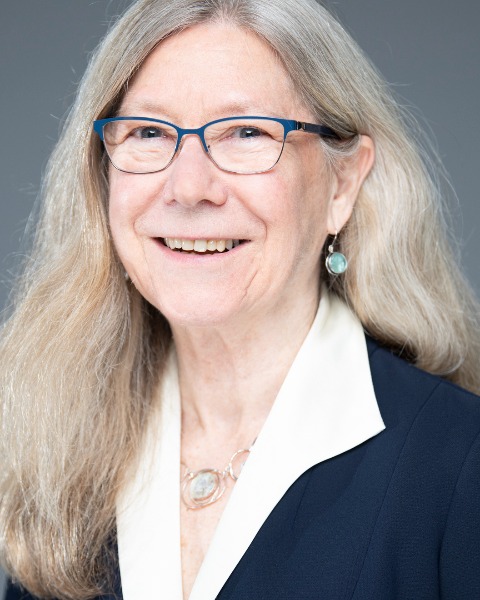Palliative Care
Palliative Care
427 - Effect of FACE®-TC on Adolescents’ Decisional Support, Preparedness, and Symptoms at 3- and 12-Months Post-Intervention
Publication Number: 427.147

Maureen E. Lyon, PhD (she/her/hers)
Clinical Psychologist, Professor of Pediatrics
Children's National Health System
Alexandria, Virginia, United States
Presenting Author(s)
Background:
Pediatric advance care planning (pACP) is a process of preparation and skill development to facilitate discussions about future medical care choices.
Objective:
To evaluate the efficacy of FAmily CEnetered pACP for Teens with Cancer (FACE)®-TC on adolescents’ decisional support, preparedness, and quality of life (QoL).
Design/Methods:
Single blinded, intent-to-treat randomized clinical trial. Adolescents (ages 14-21 years) with cancer/family dyads were randomized at a 2:1 ratio to either FACE®-TC or Treatment as Usual (TAU) at four pediatric hospitals. Dyads received 3 weekly 60-minute FACE®-TC sessions: pACP Survey; Respecting Choices® Next Steps™ ACP; and Five Wishes. Control dyads received Treatment As Usual (TAU). All participants received pACP information. The results of these conversation were then communicated to the treating physician by the facilitator. Questions raised about their cancer were noted on a postcard and given to the adolescent to discuss with their doctor in their next visit. An email was sent by the facilitator to the treating physician summarizing the discussion, along with a copy of the advance directive document. Outcome measures were: Decisional Support and Preparedness; FACIT-SP-IV-Spirituality; and short-form PROMIS measures (anxiety symptoms, symptoms of depression, fatigue, paint-interference).
Results:
126 dyads underwent randomization (83 FACE-TC and 43 TAU). Compared to TAU, FACE-TC adolescents were significantly more likely to agree or strongly agree to “I feel prepared for the future” (76%vs.94%, p=0.025) and to “I feel we are now on the same page” (76%vs.94%, p=0.044) at 3 months post-intervention (N=107). There was no intervention effect at 12-months (N=104). Compared to TAU, FACE-TC had no significant effect on meaning/purpose or peace at 3-months, but significantly decreased meaning/peace at 12-months [Mean, SD=28(4) vs. 26(5), p=0.029]. Compared to TAU, FACE-TC had no effect on the PROMIS measures at 3 months, but significantly increased Pain Interference [Mean, SD=40(80) vs. 4(10), p=0.030]; Anxiety [42(12) vs.52(10), p=0.001]; and Depressive symptoms [43(8) vs.49(11), p=0.007] at 12-months.
Conclusion(s):
FACE-TC increased adolescents’ feelings of being prepared and supported in the short-term. Spiritual well-being and cancer specific symptoms were not significantly different between groups at 3-months post-intervention. By 12-months FACE-TC adolescents had more symptoms than controls. The COVID-19 pandemic during the intervening time may have made pACP more salient, given this effect was not observed at 3 months post-intervention.
